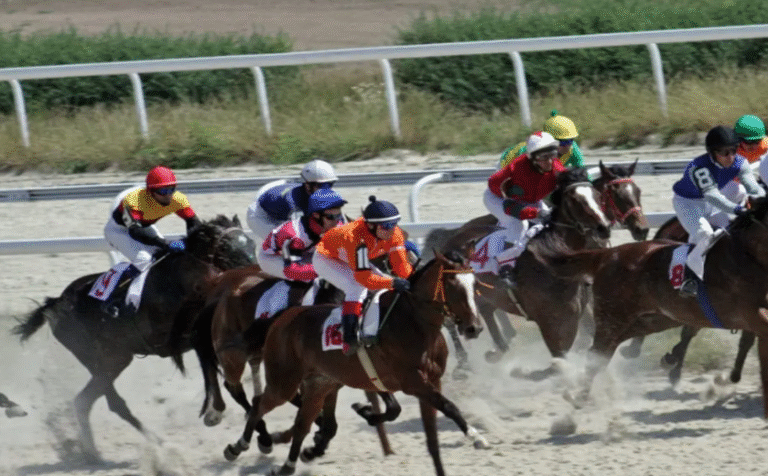A Beginner’s Guide to Understanding Horse Racing Odds
Understanding horse racing odds is crucial for anyone interested in betting on races. Odds indicate the likelihood of a horse winning, influencing potential returns and betting strategies. There are different formats of odds, each with its own nuances. By grasping how to interpret these figures, bettors can make more informed choices. The implications of these odds extend beyond mere numbers, prompting a closer examination of how they affect overall betting decisions.
What Are Horse Racing Odds?
Although horse racing odds may seem complex at first glance, they serve a crucial purpose in the betting landscape by indicating the probability of each horse winning a race.
An odds explanation reveals how bookmakers assess each contender’s potential. Understanding these odds is essential for developing effective betting strategies, empowering bettors to make informed decisions that align with their desire for freedom in wagering choices.
See also: desmoturf
How to Read and Interpret Odds
Understanding how to read and interpret horse racing odds is vital for any bettor looking to navigate the complexities of the betting landscape.
Effective odds calculation forms the foundation of a successful betting strategy, allowing bettors to assess potential returns and risks.
Types of Odds in Horse Racing
Horse racing odds serve as a critical framework for bettors, categorizing the potential outcomes of races in various formats.
The three main types include fractional odds, which express potential profit relative to stake; decimal odds, providing a straightforward calculation of returns; and moneyline odds, indicating the likelihood of winning.
Each format reveals implied probability, essential for informed betting decisions.
The Impact of Odds on Betting Decisions
The impact of odds on betting decisions is profound, significantly influencing how bettors assess risk and potential reward.
Understanding odds strategies informs bettors on how to capitalize on favorable situations, aligning with their betting psychology. Bettors may gravitate towards higher odds for larger payouts, while others prefer lower odds for increased security, illustrating the complex interplay between risk tolerance and decision-making in horse racing bets.
Conclusion
In conclusion, understanding horse racing odds is crucial for anyone looking to make informed betting decisions. By grasping the various formats and their implications, bettors can better assess their potential returns and risks. As one delves deeper into the nuances of odds, the question arises: how can one leverage this knowledge to enhance their betting strategy? Ultimately, mastering these concepts not only increases confidence but also elevates the overall excitement and engagement in the world of horse racing.



